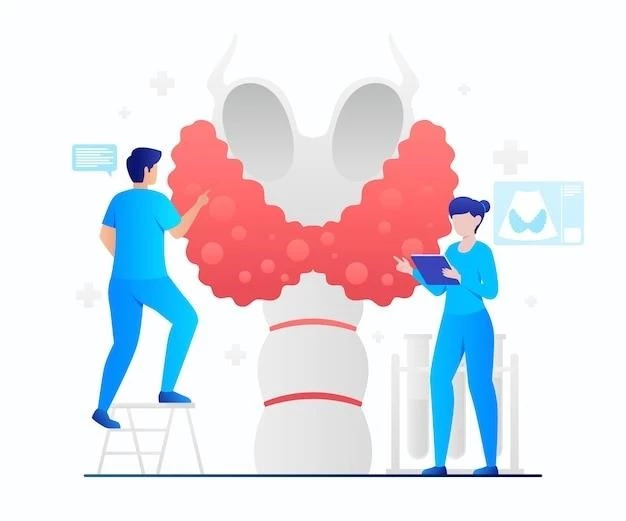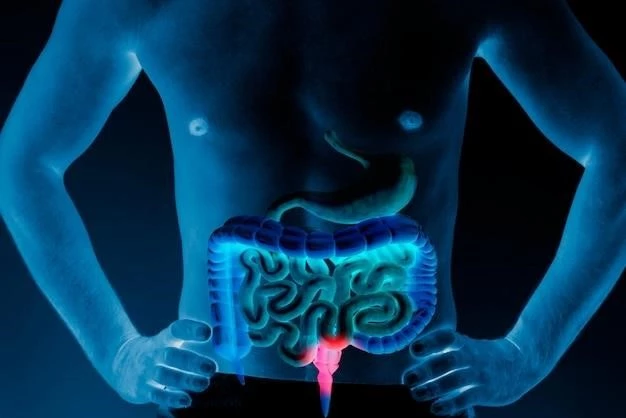Understanding Crohn’s Disease
Causes⁚ The exact cause is unknown, but factors like genetics, immune system issues, and environmental factors may contribute.
Causes of Crohn’s Disease
Crohn’s disease may be caused by a combination of factors such as genetics, immune system malfunction, environment, and previous infections. Genetic predisposition plays a significant role, with certain gene mutations being linked to the disease. An overactive immune response can lead to inflammation in the digestive tract, triggering Crohn’s symptoms. Environmental factors like smoking, diet, and stress can also contribute to the development of the disease. Previous infections or changes in the gut microbiome might trigger an abnormal immune response, leading to Crohn’s disease. Research is ongoing to further understand the complex interplay of these factors in the onset of Crohn’s.
Symptoms of Crohn’s Disease
Common symptoms include abdominal pain, diarrhea, weight loss, fatigue, and blood in stool. Some may experience fever, reduced appetite, and joint pain. In severe cases, complications like strictures, fistulas, and abscesses can arise. Symptoms may vary in intensity and frequency, often appearing in periods of flare-ups followed by remission. It’s crucial to monitor symptoms closely and consult a healthcare professional for proper management.
Treatment Options for Crohn’s Disease
Treatment aims to reduce inflammation, manage symptoms, and maintain remission. Options include medications like aminosalicylates, corticosteroids, immunomodulators, biologics, and antibiotics. Lifestyle changes such as stress management, exercise, and smoking cessation can help. In severe cases, surgery may be necessary to remove damaged portions of the intestine. Individualized treatment plans are crucial, often involving a multidisciplinary approach with healthcare providers.
Diet and Nutrition for Crohn’s Disease Patients
A well-balanced diet is essential for managing Crohn’s. Recommended foods may include low-fiber options, easily digestible items, and hydration. Some individuals find certain triggers like dairy, spicy foods, or high-fat meals exacerbate symptoms, so keeping a food diary can help identify these. Nutrient deficiencies are common, so supplements or fortified foods may be necessary. Working with a dietitian to create a personalized nutrition plan is beneficial for overall health and symptom management.
Coping with Crohn’s Disease Flare-ups
During flare-ups, rest, hydration, and sticking to a bland diet can help; Avoiding trigger foods and managing stress are important. Medications prescribed by a healthcare provider should be taken as directed. Seeking support from friends, family, or support groups can provide emotional assistance. Monitoring symptoms and promptly contacting a healthcare professional if they worsen is crucial. Practicing self-care and following a treatment plan can aid in managing flare-ups effectively.

Managing Crohn’s Disease
Living with Crohn’s involves a proactive approach balancing treatment, diet, and lifestyle for overall well-being and symptom control.
Complications of Crohn’s Disease
Complications can include intestinal strictures, fistulas, abscesses, malnutrition, and an increased risk of colon cancer. Other issues may arise, such as osteoporosis or gallstones. Monitoring for complications and seeking medical care promptly is essential for proper management.
Surgery for Crohn’s Disease
Surgery may be necessary to remove diseased portions of the intestine, repair fistulas or strictures, or manage complications. While surgery can provide relief, it’s not a cure. Close monitoring post-surgery and adherence to a treatment plan are essential. In some cases, surgery may be a last resort after exploring other treatment options.
Research Advances in Crohn’s Disease Treatment
Ongoing research is focused on developing more targeted therapies, understanding the gut microbiome’s role, and investigating personalized treatment approaches. Advancements in biologics, stem cell therapy, and genetic studies offer hope for more effective and individualized treatments. Clinical trials play a crucial role in testing new therapies and improving outcomes for Crohn’s patients. Staying informed about research developments can help patients and healthcare providers make more informed treatment decisions.
